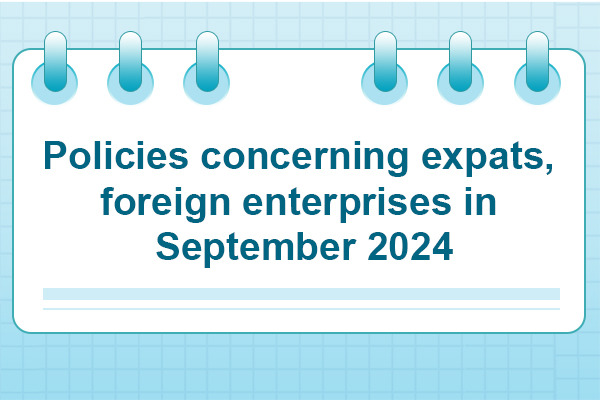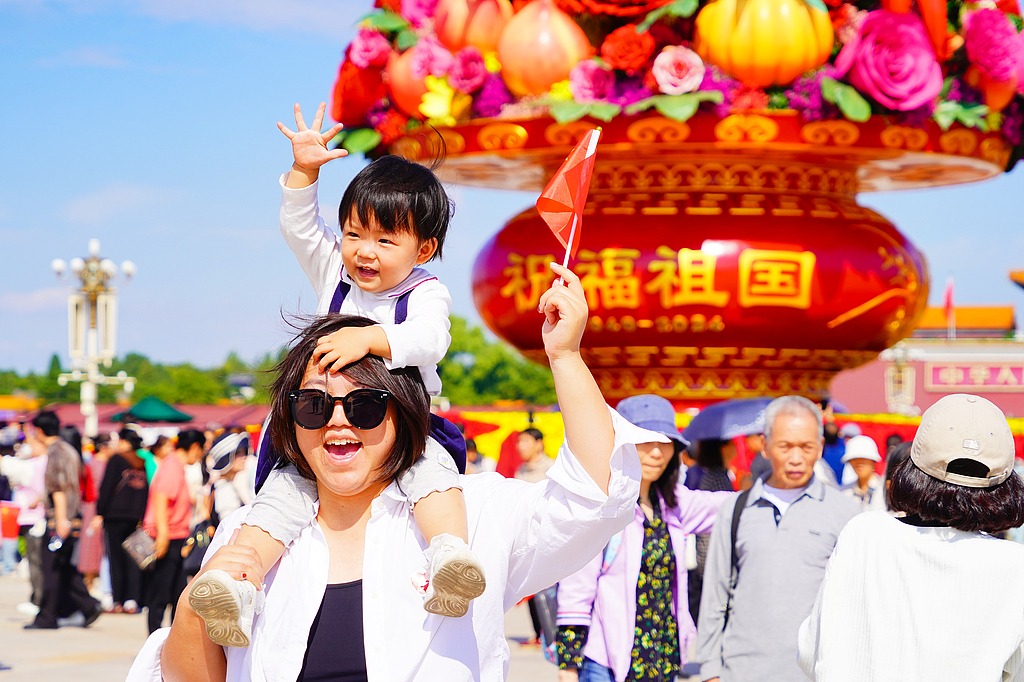Struggling Japanese brands plot recovery in China


Japanese automakers are intensifying their efforts to accelerate electrification and collaborate with Chinese tech companies as they struggle with declining sales, layoffs and reduced production in the world's largest and most competitive auto market.
Nissan Motor has halted production at its Changzhou plant in Jiangsu province, Japanese newspaper Nikkei reported in late June. The move marks Nissan's first factory closure in China. The plant, which had an annual capacity of 130,000 vehicles, accounted for around 8 percent of Nissan's total production in China.
Despite being the smallest among Nissan's eight factories in China, the Changzhou plant was the most advanced.
Jointly operated with its Chinese partner, Dongfeng Motor, production commenced in November 2020 with the aim of bolstering sales, especially when China was Nissan's largest market by sales volume.
However, the surge in Chinese new energy vehicle brands, such as BYD, which offer price-competitive products coupled with advanced technologies, has eroded Japanese automakers' market share.
Data from the China Automobile Dealers Association show that the market share of Japanese brands saw a significant decline in May, with their retail share dropping to 14.8 percent. The figure was 24.1 percent in 2020.
BYD's Chairman Wang Chuanfu predicted in March that the NEV industry is in an elimination phase. He forecasts that over the next three to five years, joint venture brands in China may see their market share drop from 40 to 10 percent.
To catch up with Chinese brands, Dongfeng Nissan launched the pure electric Ariya SUV in 2022, which has not sold well.
A Dongfeng Nissan executive said that while the Ariya excels in performance, its high price, attributed to imported components like intelligent driving systems, smart cockpit and motors, diminishes the brand's competitive edge in the market.
Nissan's sales in China dropped by 16.1 percent year-on-year to 790,000 units in 2023, the company's fifth consecutive year of decline.
Despite that, Nissan said it remains committed to China and is increasing investment in production lines for NEV models.
According to Nissan's plan, it will electrify their entire product lineup in China and refresh 73 percent of Nissan models in the next two years, targeting an annual sales increase of 200,000 to reach 1 million vehicles sold. Dongfeng Nissan aims to launch seven new NEV models by the end of 2026.
Dongfeng Nissan's eight factories can produce 1.6 million vehicles annually. However, with 2023 sales at 723,100 units, less than half of this capacity was used.
To reduce fixed costs and increase the operating rate of its factories, Nissan plans to produce EVs for Dongfeng's Voyah brand at its Wuhan factory in Hubei province by year's end. The model will be Voyah Zhiyin electric SUV, Nikkei reported on Wednesday.
Nissan is not alone in facing challenges in the Chinese auto market. Honda Motor scaled back the workforce of its joint venture with GAC as of mid-May.
Around 2,300 GAC Honda workers opted for voluntary redundancy as of mid-June, accounting for 19 percent of its China production staff.
The joint venture sold 31,931 vehicles in May, slumping 41.31 percent year-on-year. Sales in the first five months totaled 173,580 units, down 24.3 percent from 2023.
Honda and other Japanese brands have been reducing prices to stimulate sales. Once one of the most popular models, the Accord sedan, has had a 60,000 yuan ($8,255) price cut, but results did not improve.
According to Cui Dongshu, secretary-general of the China Passenger Car Association, the experience gained from manufacturing traditional fuel vehicles provides limited help in transitioning to EVs. Issues such as inadequate pure EV development and weak industry chains should be addressed by the Japanese car industry, he said.
In response to the rise of EVs, Honda launched an all-electric brand tailored for China called Ye in April, with the first models expected to hit the market by the end of 2024. Six Ye models are to be launched by 2027.
Honda has also partnered with Chinese specialists in the supply chain, such as CATL and Huawei, saying that the Ye brand is fully localized, using China's advanced technology and resources in the NEV sector.




































